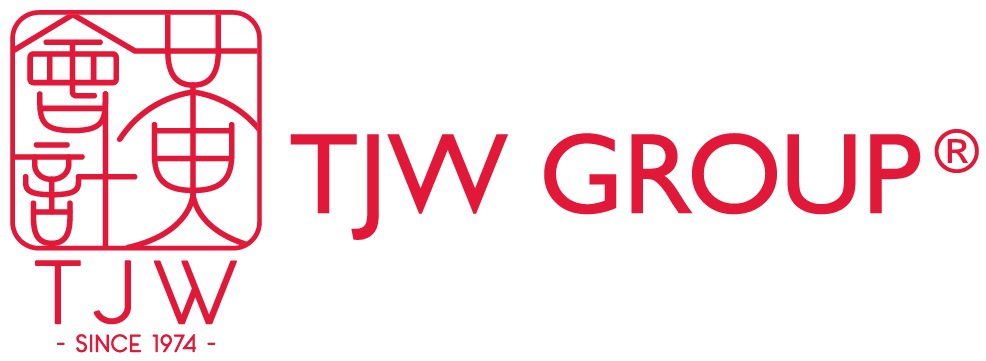Accounting FAQ
If you would like professional advice regarding accounting and bookkeeping, financial statements, paying tax, breaking even and making profit, please contact us or request a quote from our friendly team of business advisors.
Accounting and bookkeeping
The main purposes for accounting and bookkeeping are to track your business performance and understand your company’s financial position, in addition to record keeping, declaring income tax and financial statement audit.
Financial statements can be prepared by anyone who has accounting knowledge and is capable of preparing financial statements. This person can be the company’s employee, the business owner or an independent professional accountant.
Management (business owners and company directors) are responsible for the preparation, presentation and integrity of the financial statements and other financial information in the reports.
Financial statements have to be prepared in accordance with generally accepted accounting principles, and may include forecasts and budgets by management.
Statement of comprehensive income, Statement of financial position, Trial balance, Ledger report and Aging reports.
As a sole-proprietor, you can pay yourself a wage. However, your income tax will be based on the profits that your business makes as well as the wages you have taken from the business during the year.
Yes. Sole-proprietors will also need to prepare financial statements and maintain proper records for income tax audit purposes.
Being profitable does not mean you automatically have adequate cash flow. Profit is your net income after deducting expenses from sales of products or services. Cash flow is money that you are receiving deducting the payments that you are making from your business. Profits may be made, but due to receivables not yet collected and cash being used to purchase goods and maintain a certain stock level, you may find that there is no cash to draw out from the business.
Under the income tax framework, the payment for buying assets will be treated as capital expenditure and only qualifying expenditure on plant and machinery that are stated under the relevant income tax legislation is allowed to claim the tax deduction at the rate prescribed.
Break-even point is a point where there is no net profit or loss, i.e. a point when total sales (revenue) and total costs (expenses) are equal.
Break-even point is important because it is a point to determine the number of products or services needed to sell in order to at least cover all the costs. Any revenue that exceeds the break-even point will make the business profitable. If revenue is less than the break-even point, the business will not be able to cover its costs.
